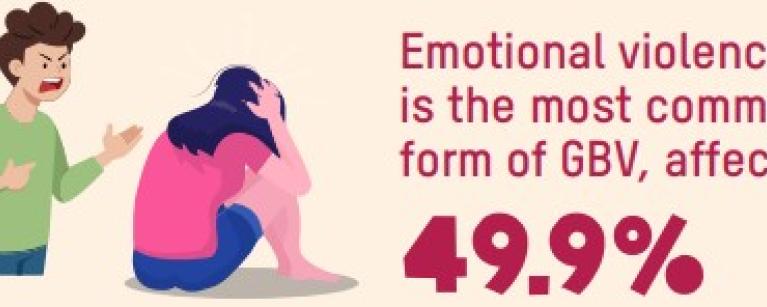Gender-Based Violence (GBV) remains a critical issue within the domestic work sector, with 56.7% of respondents recognizing it as a major problem in their workplaces. The findings shows that female workers are disproportionately affected, with 90% of reported GBV cases involving women. A majority (59.8%) of domestic workers reported experiencing some form of gender-based violence. Nairobi had the highest percentage of affected respondents (21.9%) followed by Kiambu (16.0%) and Nakuru (14.2%). Mombasa had the lowest reported experiences at 7.7%. These findings highlight the widespread acknowledgment of gender-based violence as a critical issue particularly in Nairobi and Kiambu. Emotional violence is the most common form of GBV, affecting 49.9% of workers, followed by economic violence (28.5%), sexual violence (13.7%), and physical violence (8.0%). A multiple response analysis revealed that across all age groups under study (18-24, 25-35and above 35 years), females consistently reported higher exposure to various forms of violence, compared to males who reported lower incidences of emotional and economic violence but had some exposure to physical violence. The abuses range from harsh punishment for minor mistakes, to emotional and psychological abuse, where the domestic worker is belittled, humiliated, or denied basic rights. This includes the use of harmful words, insults, name-calling, and belittling language. It also involved constant criticism, yelling, or shouting to degrade or intimidate domestic workers. The findings underline the urgent need for stronger enforcement of labour laws, better wage regulations, and comprehensive programs to combat GBV in the domestic work sector.
Download! to read full report.
